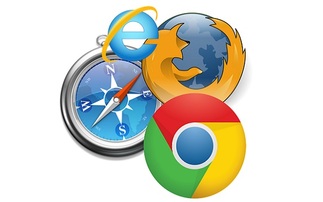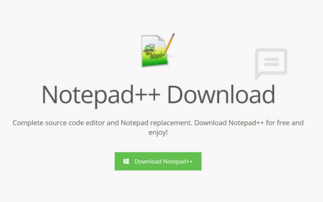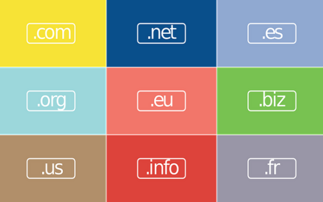Analysts put $1bn price tag on rumoured plans as reports of Facebook 'Buffy' phone also circulate
Rumours are rife that Facebook, the social networking giant, is planning a bid for Opera Software, the producer of desktop and mobile web browsers, which claims some 220 million users. This foll...
To continue reading this article...
Join Computing
- Unlimited access to real-time news, analysis and opinion from the technology industry
- Receive important and breaking news in our daily newsletter
- Be the first to hear about our events and awards programmes
- Join live member only interviews with IT leaders at the ‘IT Lounge’; your chance to ask your burning tech questions and have them answered
- Access to the Computing Delta hub providing market intelligence and research
- Receive our members-only newsletter with exclusive opinion pieces from senior IT Leaders




















